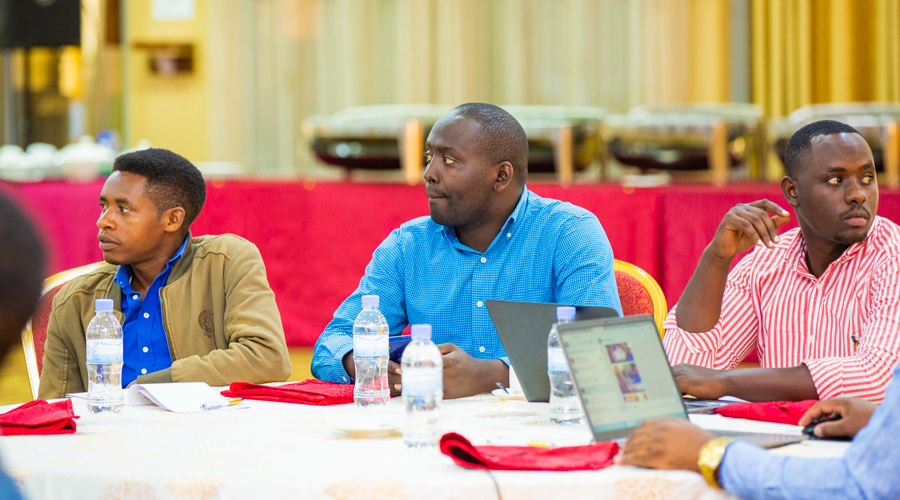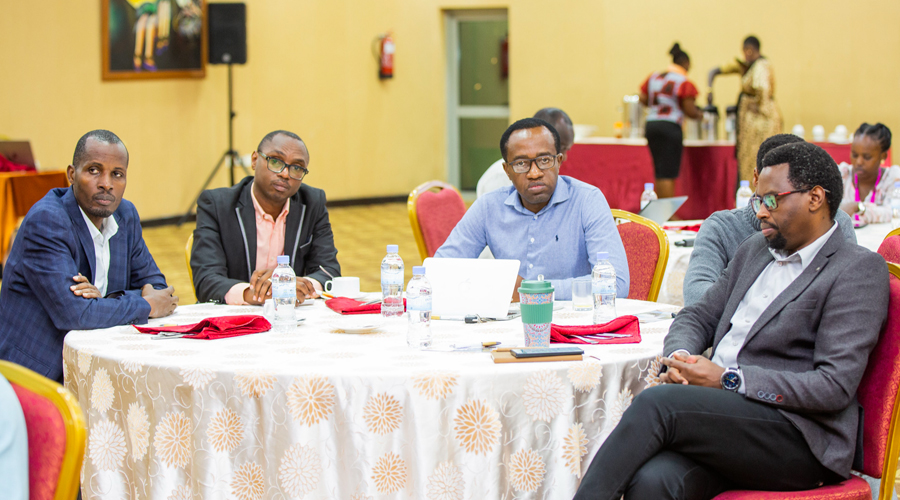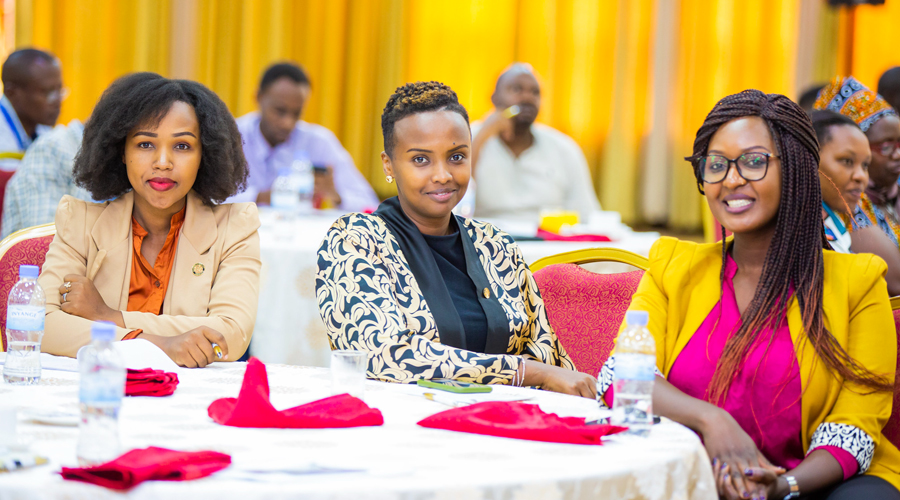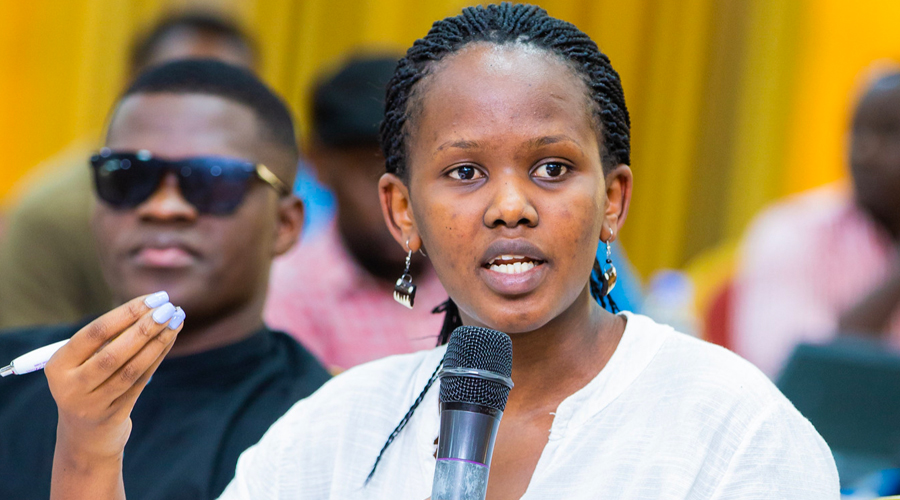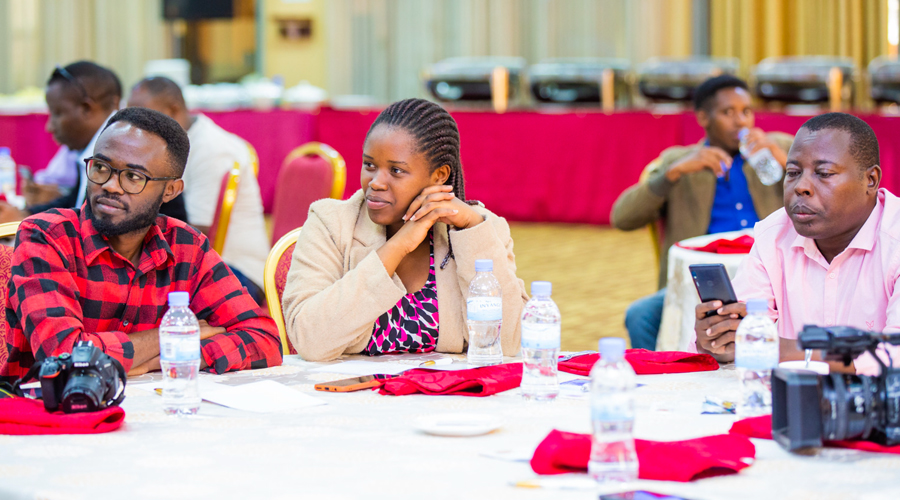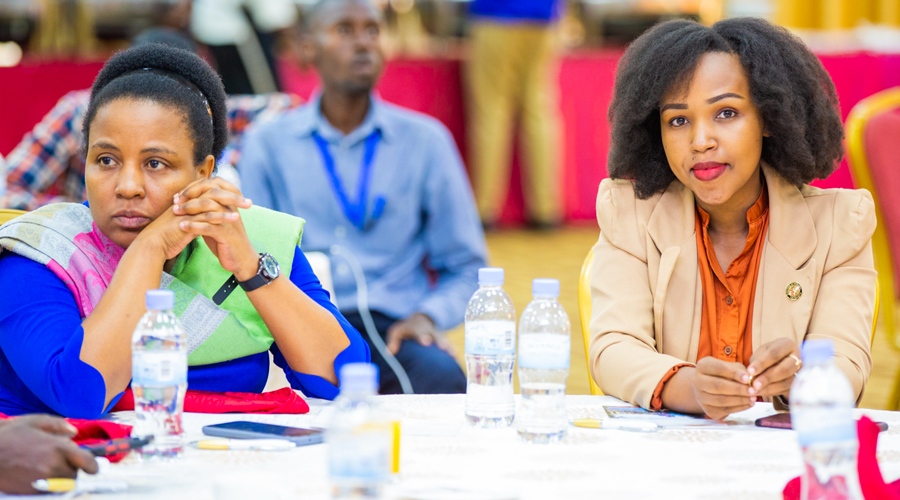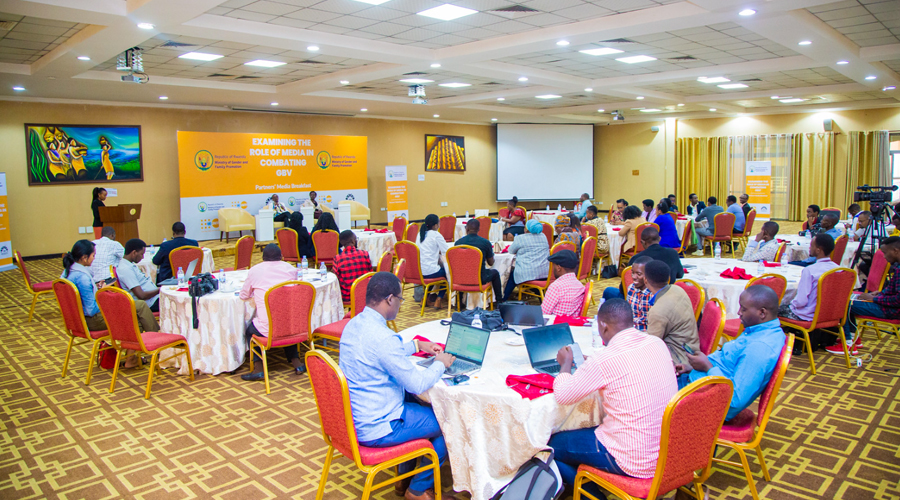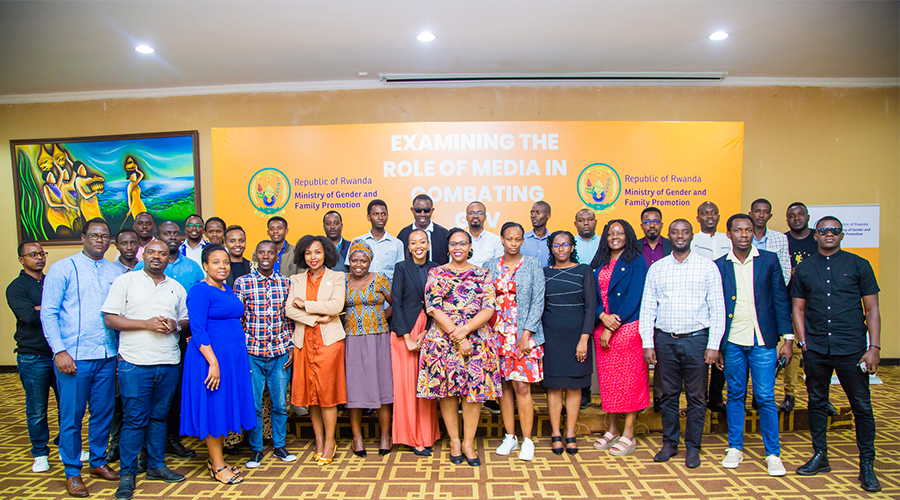The Role Of Media In Combating Gender Based Violence6 min read
Each year, The UN together observes 16 days of Activism against Gender-Based Violence following the International Day for the Elimination of Violence Against Women, on 25 November. The objective is to shine a light on the global consciousness.
On Tuesday, 29th November 2022, Rwanda’s Ministry of Gender and Family Promotion joined hands with Masozera Africa and UNFPA to create space for a conversation on the role of Media in combating Gender Based Violence dubbed “partners’ media breakfast”, aimed at promoting engagement and education around deeds that promote and perpetuate GBV through the media and their role in addressing the issues.
The dialogues focused on mobilizing and applying new and innovative multi-sectoral approaches and initiatives to combat GBV and the role of the media as key players in shaping dialogue about stereotypes and addressing gender norms.
The event also explored the impact of climate change, challenges and solutions in education and advocacy as well as how to accelerate sustainable interventions and homegrown solutions in combating GBV.

While giving her remarks, Mireille Batamuliza, the Permanent Secretary of Rwanda’s Ministry of Gender and Family Promotion thanked partners in other public and private sectors with whom they work together to condemn and act against every instance of GBV and especially child abuse, reiterating the need for collaborative strategic, holistic and collaborative approaches to combating GBV.
“We need to give our children the childhood they rightfully deserve” She reckoned as she officially opened the event.

According to Isabelle Masozera, the Founder Masozera Africa and event facilitator, “There is need for purposeful political and societal concerted efforts to change the social consciousness of our people and this means using the media as an actor for mind liberation.” She made the remarks while setting the scene for the panel session.

Bernadette Sebaduka from UNFPA Rwanda had this to say “All human beings are created equal and GBV is a painful experience it is a deep and personal story for those who survive it”
A very educative panel dialogue followed focused on three main topics; “Accelerating collaborative multi-sectoral approaches,” “Breaking stereotypes and addressing gender norms” and “Examining the role of media and technology”

In her remarks, Marie Immaculee Ingabire said that whereas we still face awareness and advocacy challenges, the Media can help to bridge this gap while also being careful not to end up as perpetrators through their work.

Shafiga Murebwayire from Rwanda Investigative Bureau called upon the media to be intentional about how they report about cases of GBV because it shapes how society perceives & interprets information. “What is important in all this is to protect the victims & be mindful about the impact, not to cause more harm.” She added.

The issue of online violence was also tackled. Bosco Rushingabigwi from Rwanda Governance Board said that the advent of technology has brought about different forms of violence and it’s effects are equally worse. He emphasized the need to step up efforts in the fight against online violence.
Members of the media made a promise to increase their efforts in the fight against GBV and also to be sensitive, empathetic and truthful in reporting about GBV issues.
Taking Stock
As the campaign continues, it is important to press pause and evaluate what has been achieved. And as the saying goes, “heavy is the head that holds the crown”, the spotlight this year is on Rwanda.
Although the country has made great strides in the fight against; criminalizing GBV in 2008 and introduced the anti-GBV policy in 2011, GBV is still a widespread problem in the country and Women most vulnerable.
The Rwanda Demographic and Health Survey report published by the National Institute of Statistics (2019/20); revealed that 37% of women and girls aged 15-49, had experienced physical or sexual, or psychological violence compared to the rate for men that stood at 30%.
Further more the report indicated that 46% of women who have been married before and 18% of men married before experienced spousal, physical, sexual, or emotional violence.
Although underrated, violence against men exists in Rwanda, and male victims should not be ignored by society fight against Gender based Violence.
Even more devastating is the fact that most of the cases are preventable.
Education is the foundation however, in schools, community and our homes., on national and grass-root level.
For Rwandan citizens, once a case has been reported to Isange ( the refugee for GBV victims), it is critical that every step is handled appropriately.
The center was established in 2009, there are now 44 Isange One Stop Centres (IOSC) around the country. Isange One Stop Centers provide 24/7, free support to victims; including medical, psychological, legal, investigation, and accommodation support.
The center also ensures the smooth reintegration of victims into communities.
The government also put in place a safe shelter for GBV victims, which avails protective options for victims and others at risk.
And that’s not all, Rwanda Investigation Bureau (RIB) and Legal System is investing notable resources to ensure that perpetrators of GBV are dealt with appropriately. RIB employs new technologies to detect, investigative and respond to emerging threats.
In 2020, the RIB investigated 12,715 GBV Cases.
The government of Rwanda continues to take decisive actions to ensure that all Rwandans feel safe and can speak out against perpetrators to demand justice.


